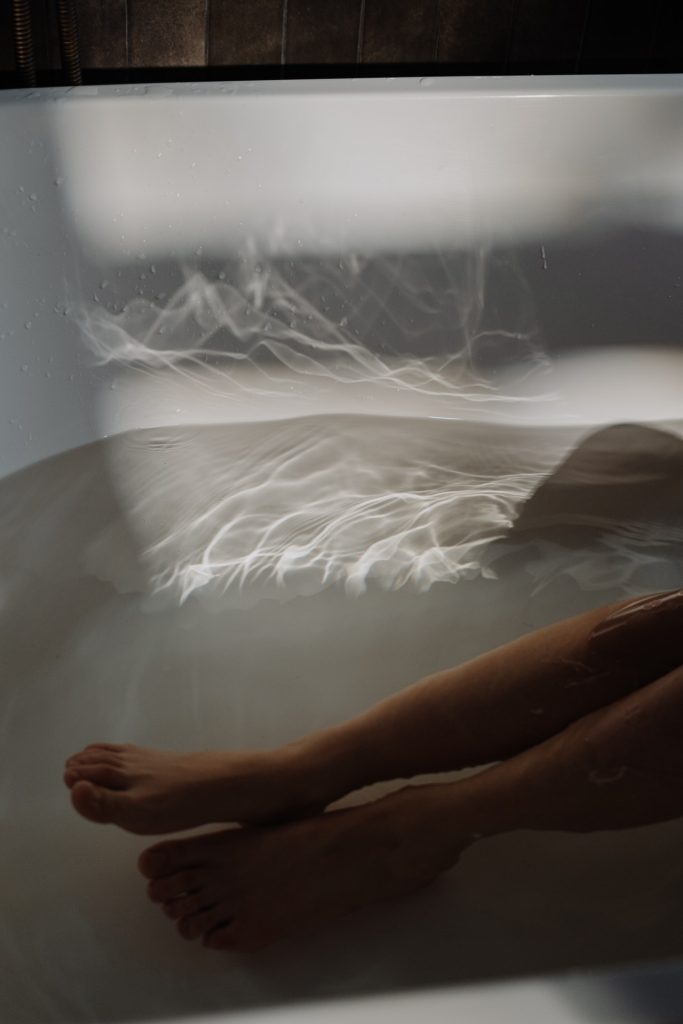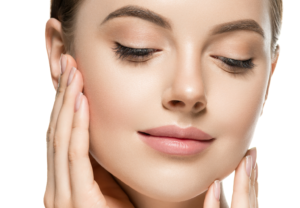Itching and discomfort affect those who suffer from it. It is not a simple inflammation of the skin.
This is a skin disease that is neither an allergy nor an infection and is not contagious, says dermatologist Pablo Noël.
Atopic dermatitis is chronic and inflammatory, and there is no cure yet because the problem is genetic. Seventy percent of patients have a family history of the disease.
The risk of developing the condition if one of the parents already has it is 20 percent, but if both parents have the condition, it increases to 50 percent.
In this disease, the skin’s protective function is defective, says Noël, and he compares it to a fortified city that needs a strong and solid wall to keep out what we don’t want to enter or leave, and if that wall has cracks and holes, enemies that we don’t want will enter and make the city vulnerable.
“This happens with this disease because the skin becomes vulnerable to the entry of fungi, bacteria, and microorganisms, irritants, and we lose natural lubricants and essential substances for healthy skin,” he explains. It is characterized by the appearance of skin lesions that may be accompanied by intense and persistent itching, dry skin, cracking, redness, crusting, and oozing. The more patients scratch, the more the skin barrier deteriorates.
Patients present the first symptoms around three to six months of age, and some persist throughout life. The doctor also explains that if it manifests in older children or adulthood, it is more likely to be severe and difficult to treat.
Furthermore, it does not remain solely on the skin and can manifest itself in other organs that have contact with the environment, such as the respiratory and digestive systems, explains dermatologist Juan Francisco Barzallo.
Some patients start with skin problems in childhood, then develop rhinitis, and may end up being asthmatic. Therefore, as soon as skin problems are detected, it is suggested to avoid dust, and irritants, eliminate plush toys, carpets, flowers in the room, air conditioning,g and contact with cats. Other children have allergies to some foods and it is necessary to identify them to eliminate them from the diet.
Once diagnosed, it is important to adhere to the medications and care prescribed by the doctor. The goal is to reduce inflammation, prevent flare-ups and relapses, maintain the skin barrier, and control the symptoms that affect quality of life.
Treatment, more than medicine
Barzallo says that the management of atopic dermatitis is highly complex because each patient needs special treatment. There is no single prescription because there are patients who present mild symptoms and others who present severe ones.
“Intense itching affects the quality of life. A person cannot think and develop if they are only thinking about how to scratch themselves and it affects them all the time, even when they are trying to sleep,” he adds.
Some people go so far as to avoid going outside due to the aesthetic alterations they experience and are psychologically affected.
Depending on the severity, there are pharmacological strategies, as well as other care and educating the patient on how to care for their skin.
There are topical and biological treatments, and alternative medicine is also sometimes used.
Corticosteroids may be used for a recommended period and with medical supervision. Likewise, it is necessary to have a doctor accompany you with antibiotics, antivirals, and other drugs such as immunosuppressants to avoid side effects or risks.
Alternative medicine such as hot springs are among the options but with caution as they can dry out the skin.
Those with this condition are advised not to use shampoos and conditioners with irritating substances, perfumes, foaming soaps, and nail polishes. Make-up is preferably not recommended.
Bathing is ideal for helping the skin, but it should be short and with warm water to clean the skin and remove scabs while helping to reduce itching.

Drying towels should be made of fine cotton and should not rub the skin too hard. Afterward, apply moisturizers to prevent further water loss, as well as emollients with substances that help regenerate the skin, in addition to certain medications.
Sunscreens are another potential irritant when the skin is damaged, but otherwise, they can be applied without any problem.
Clothing should preferably be made of cotton without seams or labels. Wash with mild laundry soap and rinse twice. It is suggested not to wear wool or Lycra clothing, and women should avoid bras with lace, metal underwires, or seams to prevent chafing.
Laser hair removal or waxing is also ideal when the skin is free of lesions and razors, razors and depilatory creams should be avoided.
Barzallo also mentions the importance of not walking barefoot and forgetting about any type of tattoos.
Support
A recent study published in Annals of Allergy, Asthma & Immunology confirms the negative effects of atopic dermatitis on the quality of life of children and their families with the appearance of behavioral, emotional, and sleep disorders.
For some children and adolescents who have this disease in a severe form, the condition may present a problem in their self-esteem and affect their personality.

Psychological support is part of learning to live with this disease and thus having support to avoid falling into depressive episodes.
It has been established that one in four patients becomes depressed and sometimes this can even lead to suicide.
“We didn’t think that this could cause something like this in patients before, and that is why the psychological sphere is now included in the treatments,” says the dermatologist.























+ There are no comments
Add yours